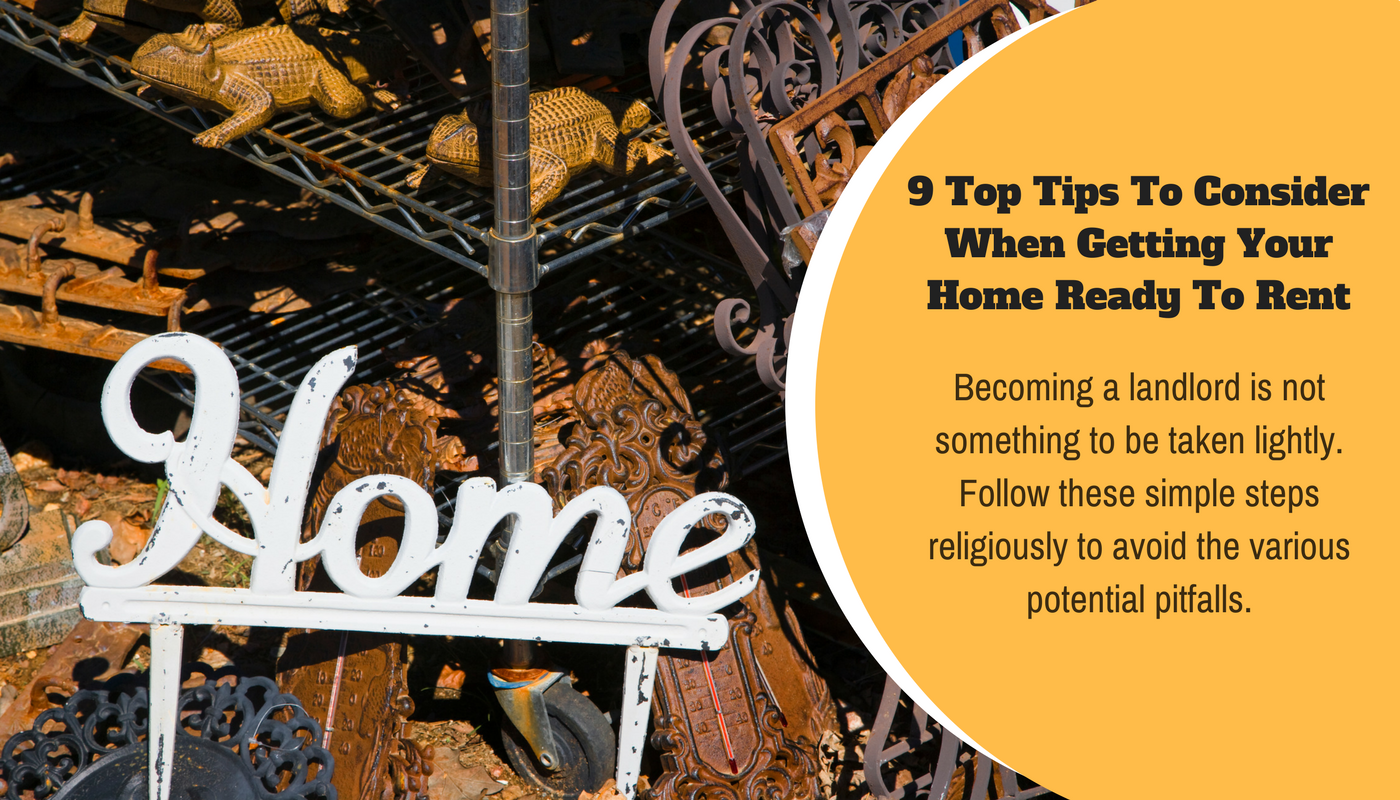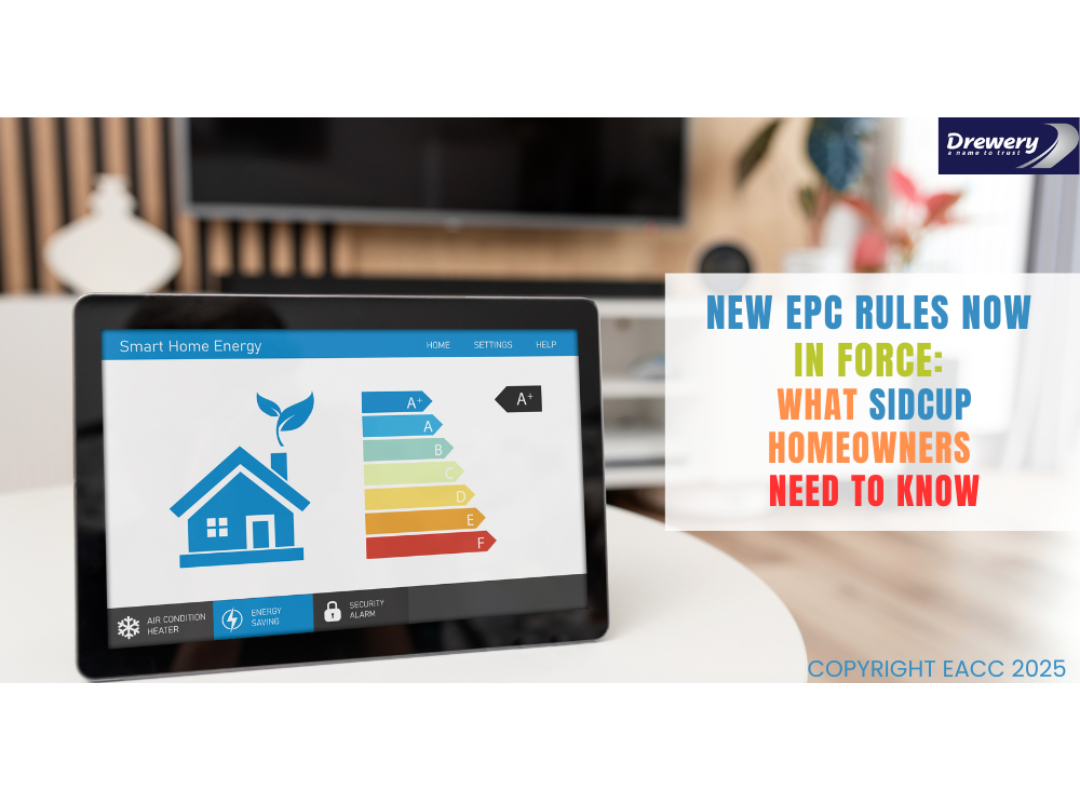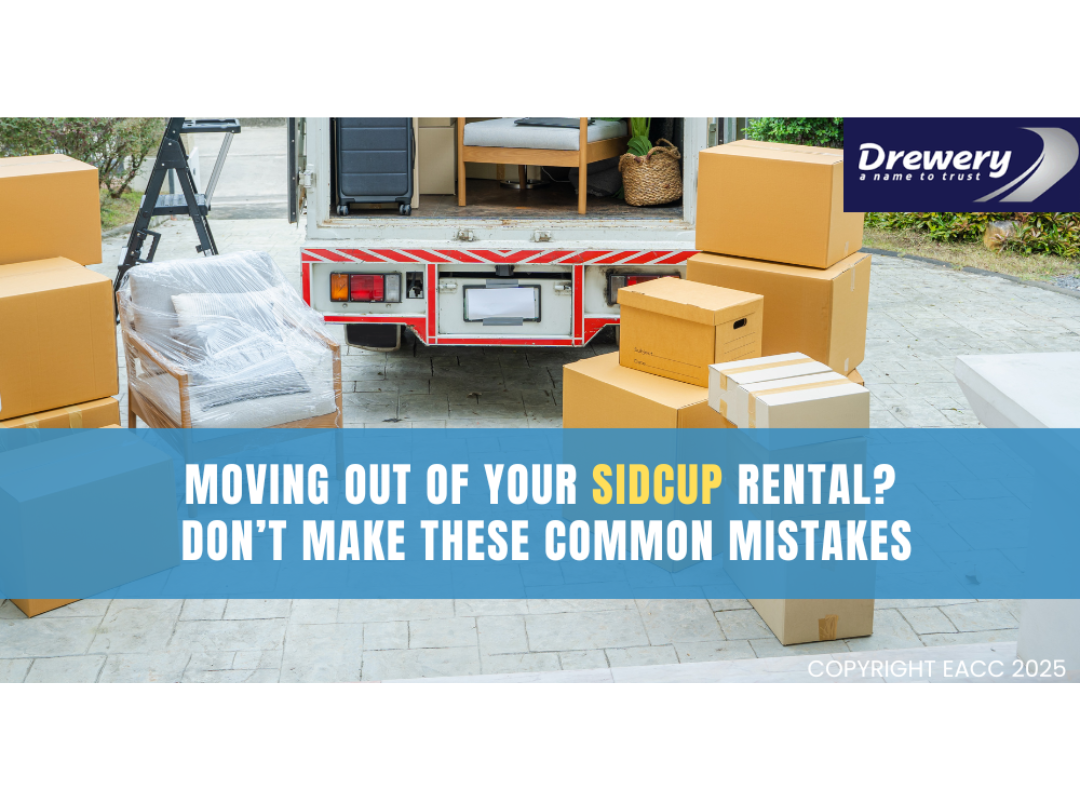Becoming a landlord is not something to be taken lightly. Follow these simple steps religiously to avoid the various potential pitfalls.
The UK proudly boasts of about 1.5 million landlords – but not all of them are experienced landlords. A number of them are 'accidental landlords' needing a move from their own home but choosing to let their property rather than sell it.
There are many reasons why this situation can arise. The need to take up a new job or take care of a loved one may be a reason for a move, for instance. Or it could be that you are waiting for the value of the property to appreciate before you decide to sell.
However, government activities and regulations in recent times now mean that home-letting in the UK has become serious business. Ensure you follow the steps below to stay away from pitfalls:
1. Find a good local letting agent: A competent letting agent can be worth all the effort, especially for landlords who are not too experienced. A letting agent will be able to recommend the rent to be charged, advertise your property, find and screen tenants, put contracts and other documents together, take the deposit and carry out the inventory before your new tenants move in.
If the only service you require is for the letting agent to help you find tenants and prepare the correct documentation, they might charge you a one-time tenant-finding fee, but if you want them to be in charge of managing the property too, that could attract fees of about 10% of the rent each month (plus VAT).
However, the services rendered do vary so be sure to weigh up the services each letting agent can offer you. Do your research to see if they have their own range of contractors available in case things need to be fixed, or whether they will routinely check on the property during the tenancy and move quickly to recover unpaid or late rent.
2. Consider the type of tenants you want: This will have a lot to do with your property size but also consider: are you okay with little children, for instance? Or families possessing more than one car? What about tenants working all night or working from home. Will you be okay with pets or smokers? Let your lettings agent have an idea of the kind of people you want and ask to meet them in person before you proceed to sign contract documents.
3. Turn your home into a blank canvas: Homes are exclusive to their occupants so if you want your home to have a mass appeal, it has to be neutral – walls and ceilings and one carpet throughout (or lay other reasonably priced flooring). If a furnished home is what you are renting out, remove all inappropriate or personal items or ones that look a bit too old for the purpose.
4. Be aware with your legal requirements: While this task will be passed on to the lettings agent, knowing that your property will require an Energy Performance Certificate and a Gas Safety Certificate is still important. Your tenants also will need to get access to the downloadable version of the government's How to Rent guide. The deposit will also need to be safely put into a known Tenancy Deposit Scheme. According to new right to checks, agents/landlords are now responsible for checking tenants' eligibility to be in the UK.
5. Think about tenancy terms: Assured Shorthold Tenancy Agreement (AST) refers to the contract that exists between a tenant and landlord. Your letting agent will help you put a contract together but just ensure that you are okay with important points like the tenancy duration and the notice to leave that both parties would need.
6. Measure costs versus hassle: You will have to choose whether you will be managing the property yourself or whether you will engage the services of a letting agent. If you are very busy or do not live locally, going with the latter option will be a worthwhile investment.
7. Clean: Now tenants are about to move in. It's time to engage the services of professionals to thoroughly clean up the home – including windows, ovens, shower heads, fridges, and so on. When setting standards for the tenants to maintain, this really matters.
8. Get hold of all instruction manuals: Make manuals available – such as for cooker, white goods, boiler and alarm system – so they can be accessed by the tenants. And provide important keys they might need, such as for gas and electricity meters.
9. Keep abreast with new tax rules: Now that you've become a landlord, whether accidental or not, it is of utmost importance that you are familiar with any recent tax changes which could affect you in one way or the other, now or in the future.
The rent your property generates is considered a taxable income – starting from the 6th of April 2016, you will now be unable to claim the cost of 10% “wear and tear” against your tax bill if the property you ae letting out is furnished. Also, from April 2017, mortgage interest relief will begin to be capped for every landlord at a 20% basic rate, even if your tax is paid at 45%.
Finally, if, while your previous home is rented, you decide you want to buy another, you will most likely be faced with an additional 3% stamp duty due to a new Government policy on second homes.
Read more articles: Why not read more of our articles on the Sidcup Property Blog click here
Speak to me: If you'd like to have a chat about anything in this article or property related, drop me an email at pj.long@drewery.co.uk – I'd love to hear from you. We look after properties for Landlords in Sidcup, Bexley, Bromley, Eltham, Bexleyheath, Dartford and surrounding locations.
Paul Long (Director & Author of The Sidcup Property Blog)







Share this with
Email
Facebook
Messenger
Twitter
Pinterest
LinkedIn
Copy this link